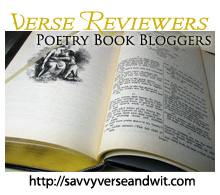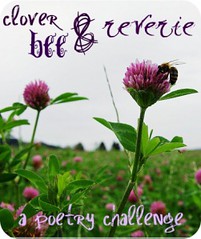
Remember, this is just for fun and is not meant to be stressful.
Keep in mind what Molly Peacock’s book suggested.
Look at a line, a stanza, sentences, and images; describe what you like or don’t like; and offer an opinion. If you missed my review of her book, check it out here.
Today’s poem is from Bruce Weigl:
My Autumn Leaves
I watch the woods for deer as if I’m armed.
I watch the woods for deer who never come.
I know the hes and shes in autumn
rendezvous in orchards stained with fallen
apples’ scent. I drive my car this way to work
so I may let the crows in corn believe
it’s me their caws are meant to warn,
and snakes who turn in warm and secret caves
they know me too. They know the boy
who lives inside me still won’t go away.
The deer are ghosts who slip between the light
through trees, so you may only hear the snap
of branches in the thicket beyond hope.
I watch the woods for deer, as if I’m armed.
What do you think?






